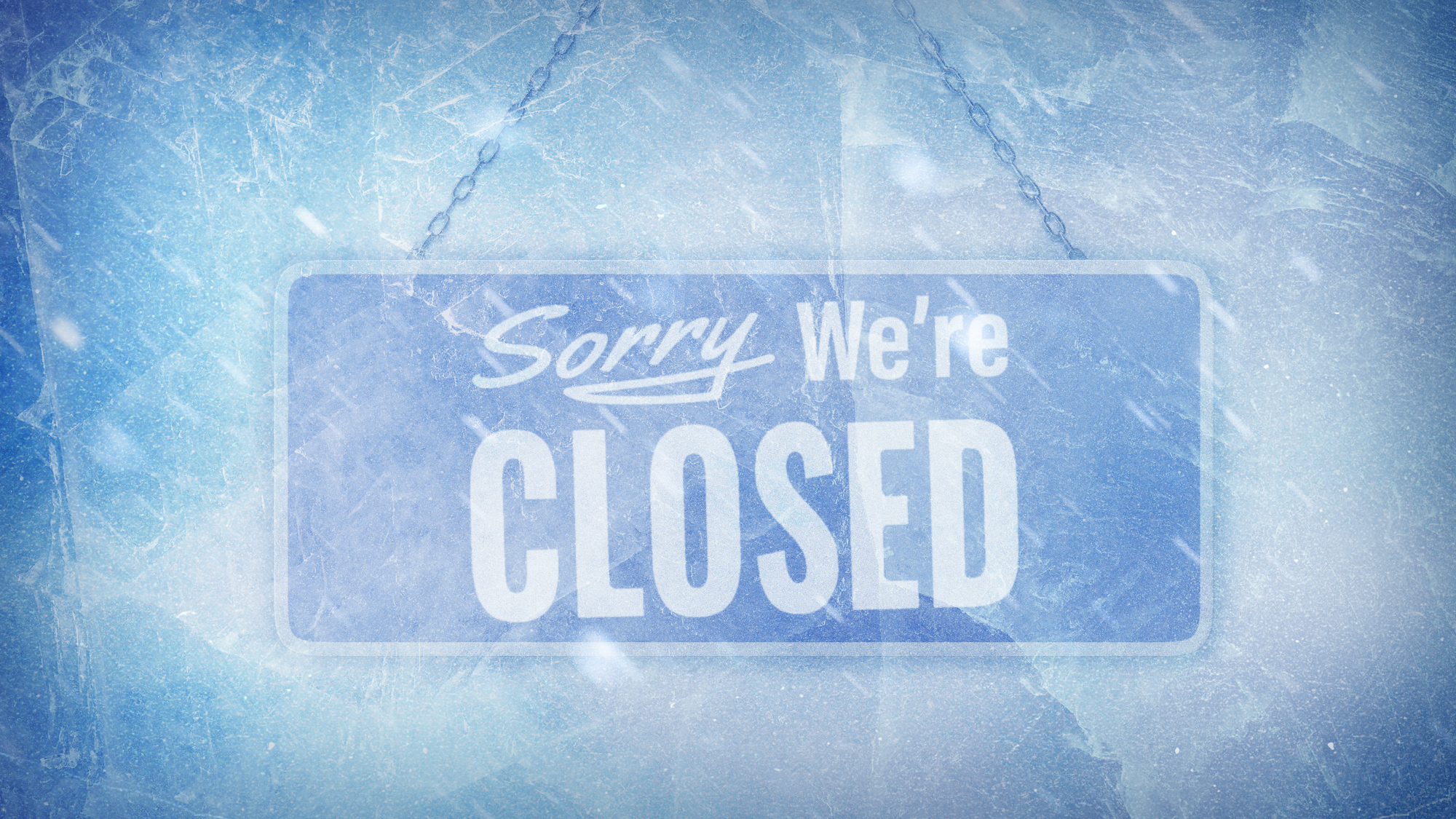Pharmaceutical executive apologizes to Congress for role in opioid crisis: 'I am deeply sorry'


Pharmaceutical executives appeared before Congress on Tuesday to answer questions about a congressional investigation into drug companies' role in the nation's opioid epidemic, The Washington Post reports.
A Cardinal Health executive, George Barrett, apologized for his drug company's slow response to the unprecedented influx of prescription opioids to small towns in West Virginia, while Joseph Mastandrea of Miami-Luken admitted that his company had worsened the opioid crisis.
Current and former leaders of McKesson, AmerisourceBergen, and H.D. Smith are also testifying in front of the House Energy and Commerce Committee. The panel has been probing the pharmaceutical companies in light of discoveries that they shipped 12.3 million doses of hydrocodone and oxycodone to small pharmacies in West Virginia, one of the states that has been hit hardest by the drug epidemic.
The Week
Escape your echo chamber. Get the facts behind the news, plus analysis from multiple perspectives.

Sign up for The Week's Free Newsletters
From our morning news briefing to a weekly Good News Newsletter, get the best of The Week delivered directly to your inbox.
From our morning news briefing to a weekly Good News Newsletter, get the best of The Week delivered directly to your inbox.
Most executives denied that their companies were at fault for the opioid crisis, even as lawmakers expressed anger that the companies hadn't taken responsibility as their products spiraled out of control, reports The Washington Post. The pharmaceutical industry supplies distributors with medications, but does not prescribe drugs or sell to individual patients. The executives who appeared before the panel Tuesday represent companies that make up more than 85 percent of the country's prescription drug shipments.
"With the benefit of hindsight, I wish we had moved faster and asked a different set of questions," said Barrett of Cardinal Health's lack of action in West Virginia. "I am deeply sorry we did not." Read more at The Washington Post.
A free daily email with the biggest news stories of the day – and the best features from TheWeek.com
Summer Meza has worked at The Week since 2018, serving as a staff writer, a news writer and currently the deputy editor. As a proud news generalist, she edits everything from political punditry and science news to personal finance advice and film reviews. Summer has previously written for Newsweek and the Seattle Post-Intelligencer, covering national politics, transportation and the cannabis industry.
-
 Is the US about to lose its measles elimination status?
Is the US about to lose its measles elimination status?Today's Big Question Cases are skyrocketing
-
 ‘No one is exempt from responsibility, and especially not elite sport circuits’
‘No one is exempt from responsibility, and especially not elite sport circuits’Instant Opinion Opinion, comment and editorials of the day
-
 Businesses are caught in the middle of ICE activities
Businesses are caught in the middle of ICE activitiesIn the Spotlight Many companies are being forced to choose a side in the ICE debate
-
 TikTok secures deal to remain in US
TikTok secures deal to remain in USSpeed Read ByteDance will form a US version of the popular video-sharing platform
-
 Unemployment rate ticks up amid fall job losses
Unemployment rate ticks up amid fall job lossesSpeed Read Data released by the Commerce Department indicates ‘one of the weakest American labor markets in years’
-
 US mints final penny after 232-year run
US mints final penny after 232-year runSpeed Read Production of the one-cent coin has ended
-
 Warner Bros. explores sale amid Paramount bids
Warner Bros. explores sale amid Paramount bidsSpeed Read The media giant, home to HBO and DC Studios, has received interest from multiple buying parties
-
 Gold tops $4K per ounce, signaling financial unease
Gold tops $4K per ounce, signaling financial uneaseSpeed Read Investors are worried about President Donald Trump’s trade war
-
 Electronic Arts to go private in record $55B deal
Electronic Arts to go private in record $55B dealspeed read The video game giant is behind ‘The Sims’ and ‘Madden NFL’
-
 New York court tosses Trump's $500M fraud fine
New York court tosses Trump's $500M fraud fineSpeed Read A divided appeals court threw out a hefty penalty against President Trump for fraudulently inflating his wealth
-
 Trump said to seek government stake in Intel
Trump said to seek government stake in IntelSpeed Read The president and Intel CEO Lip-Bu Tan reportedly discussed the proposal at a recent meeting
